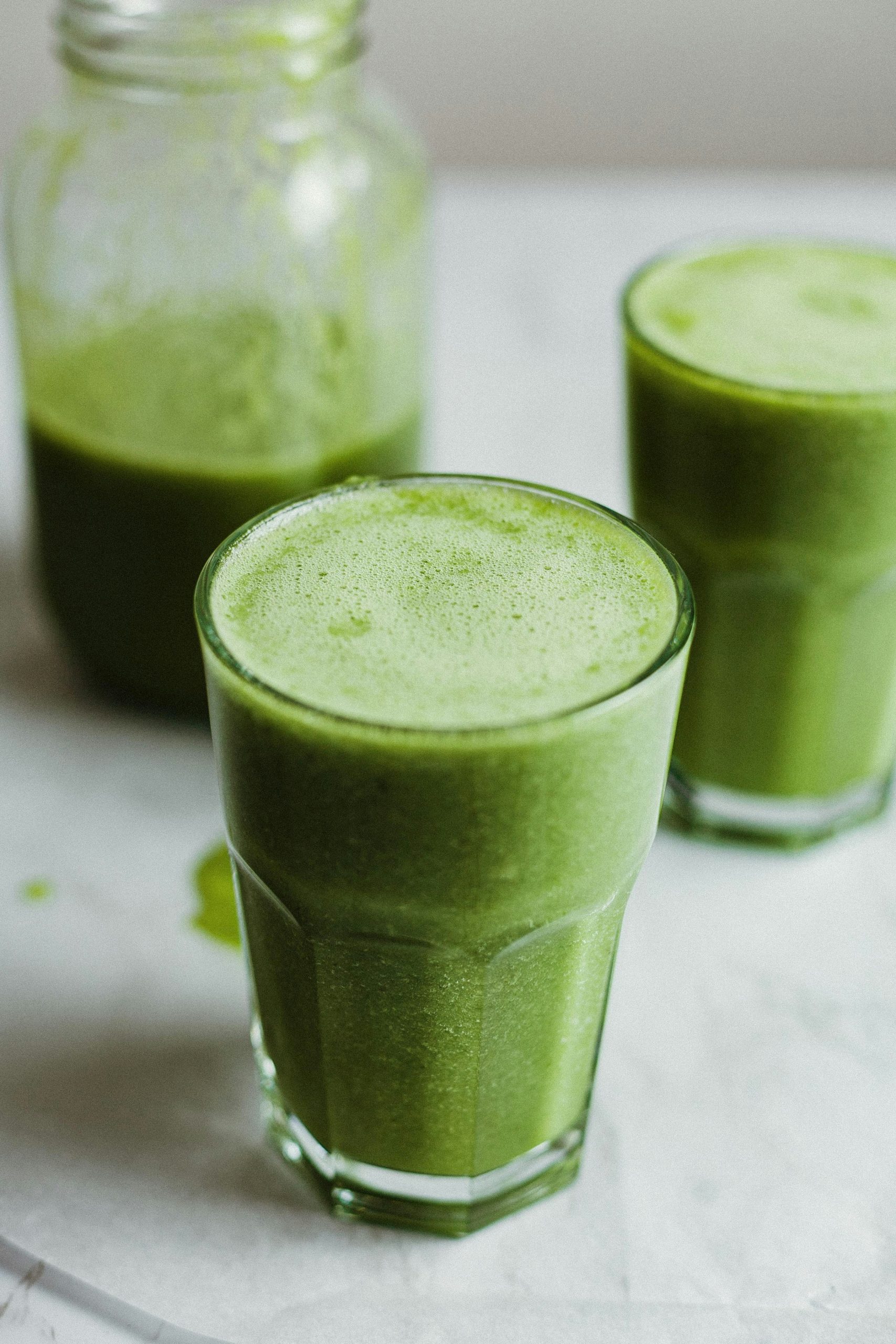When browsing grocery store aisles, it’s easy to be misled by foods marketed as “healthy.” Clever labeling and trendy packaging often persuade consumers to spend extra on products they believe will improve their diet and health. However, many of these “healthy” grocery items aren’t as beneficial as advertised, and nutritionists warn they’re often a waste of money. From overpriced health snacks to unnecessary specialty products, shoppers might unknowingly spend more on items that don’t deliver true nutritional value. To save your budget—and your health—nutritionists recommend skipping these six popular grocery items marketed as health foods.
1. Gluten-Free Snacks (If You’re Not Gluten-Sensitive)
Gluten-free products have surged in popularity, marketed as universally healthier alternatives to regular snacks. However, nutritionists clarify that gluten-free snacks aren’t necessarily healthier and are often higher in sugar, fat, and calories. Unless you’re diagnosed with celiac disease or gluten sensitivity, there’s no benefit in choosing gluten-free cookies, chips, or crackers. Many gluten-free snacks use refined starches and additives to replicate texture and taste, offering fewer nutrients than their traditional counterparts. These products typically cost significantly more due to their specialized ingredients. Save your money and opt for naturally gluten-free whole foods like fruits, vegetables, or nuts.
2. Protein Bars with Excessive Sugar
Protein bars are widely advertised as convenient, healthy meal replacements or post-workout snacks. Nutritionists caution that many popular protein bars are loaded with sugar, artificial sweeteners, preservatives, and additives. High sugar content can negate any nutritional advantage, leaving you feeling sluggish instead of energized. Some bars even contain similar amounts of sugar as candy bars, yet carry premium “health food” pricing. Check labels closely to find low-sugar bars with clean ingredients or skip protein bars altogether. Whole-food alternatives like yogurt, nuts, or hard-boiled eggs often provide better nutrition at a lower cost.
3. Bottled Green Juices
Green juices marketed as detoxifying or cleansing beverages may seem like a healthy choice, but nutritionists frequently label them as overpriced and unnecessary. Many bottled green juices lose vital fiber during processing, leaving mostly sugar, even if natural sugars, behind. Without fiber, these juices cause rapid spikes in blood sugar levels, potentially leading to energy crashes later. Additionally, bottled juices typically cost several times more than fresh produce, making them financially inefficient. Nutritionists recommend consuming whole fruits and vegetables instead to reap full nutritional benefits. If you prefer juice, homemade blends with fresh produce provide better nutrition at a significantly lower cost.
4. Low-Fat Salad Dressings
Low-fat or fat-free salad dressings might seem healthier, but they often contain unhealthy additives to enhance taste. To compensate for reduced fat content, manufacturers frequently increase sugar, sodium, and artificial flavorings. Healthy fats found in olive oil-based dressings, for example, support nutrient absorption and overall health. Eliminating fat entirely can diminish the nutritional benefits of salads by reducing the absorption of fat-soluble vitamins. Nutritionists advise selecting dressings with simple ingredients or making homemade dressings with olive oil, lemon, or vinegar. Avoiding overly processed low-fat dressings saves money and enhances nutritional quality.
5. Flavored Yogurt Cups
Flavored yogurt cups marketed as healthy snacks often contain excessive sugar, artificial colors, and additives. Despite probiotics and calcium, the high sugar content can overshadow nutritional benefits. Many flavored yogurts have sugar levels comparable to desserts or candies, defeating the purpose of selecting a nutritious snack. Plain Greek yogurt is a healthier and more affordable alternative, offering probiotics, protein, and calcium without added sugars. Add fresh fruit, nuts, or honey for natural sweetness and flavor, making it both delicious and nutritionally superior. Avoiding flavored yogurt not only boosts nutrition but also saves money long-term.
6. Pre-Packaged Smoothie Packs
Pre-packaged smoothie packs may promise convenience and health, but nutritionists suggest they’re usually overpriced and nutritionally questionable. Many smoothie packs contain added sugars, syrups, or artificial ingredients, reducing their healthfulness. Additionally, they frequently use lower-quality fruits or fillers instead of nutrient-rich whole fruits and vegetables. Buying fresh or frozen produce separately allows more control over ingredients, resulting in healthier and tastier smoothies. Homemade smoothies using fresh ingredients deliver better nutrition, fewer additives, and significant cost savings. Skip pre-packaged smoothie packs and opt for DIY smoothie recipes to enhance both your budget and health.
Shop Smart to Truly Eat Healthy
Navigating grocery store aisles can be challenging, especially with misleading “healthy” marketing tactics. Understanding nutritional labels and consulting expert advice helps avoid costly and nutritionally inadequate purchases. Nutritionists emphasize prioritizing whole, minimally processed foods for optimal health benefits. Avoiding expensive, misleadingly marketed products leads to better health outcomes and significant budget savings. When grocery shopping, choose simple, nutritious options rather than trendy, processed alternatives. By doing so, you’ll maximize your budget, enhance nutrition, and truly support your long-term health and wellness.
Read More



